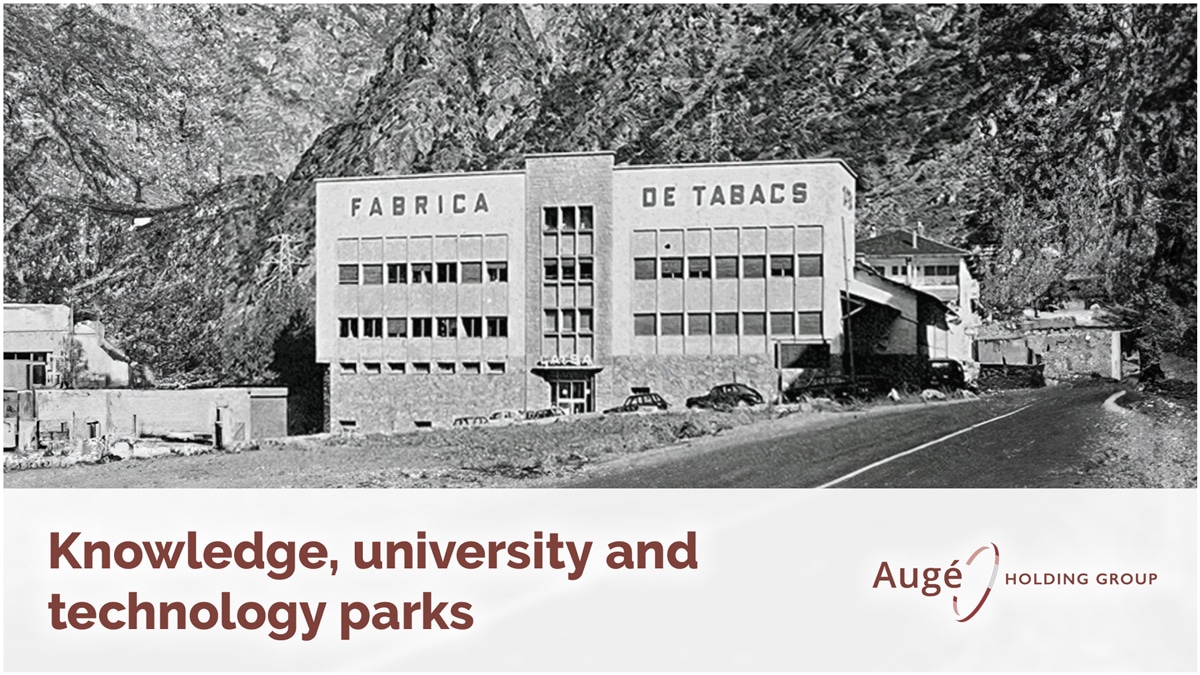Andorra: Inflation and interest rate
Over the last two years, the world economy and ours have been marked by the effects of the pandemic which has caused, first, an unprecedented drop in GDP and, subsequently, an increase in prices as a result of the stoppage of production and its reactivation, with repercussions on the price of raw materials and transport, among others. The recent war between Ukraine and Russia has completed the inflationary process, especially due to the increase in the price of fuels and commodities, especially cereals, where Ukraine is a major producer.
Thus, in the face of uncontrolled price increases and galloping inflation, international financial regulators must intervene before “stagflation” sets in, i.e., chronic disproportionate inflation, where prices rise uncontrollably, affecting the economy of the states as well as that of the citizens. These days, for example, everyone is talking about the price of gasoline.
The United States has been the first country to react and has recently increased the interest rate, as a suitable mechanism to control inflation, raising it from 0.25% to 0.50% and the expectation is that it will rise to 2% by the end of the year. Of course, the circumstances in the USA, like those of the United Kingdom, which has adapted a monetary policy in the same direction, are of GDP recovery at pre-pandemic levels, falling unemployment and a generalized increase in prices, which makes taking this measure the most sensible thing to do.
On the other hand, Europe still has countries that have not recovered from the pandemic and inflation is mostly affecting certain products, but not across the board, and unemployment levels remain high. In fact, there are two Europe’s, the north, much more prepared to take on a forceful strategy to combat inflation, and the south, where economies remain weakened by the post-pandemic effects and where wages are not rising, and unemployment is not falling to the levels that would be desirable. In this context, the ECB is aware that it will have to make trade-offs as always, as it cannot put a blindfold on underlying inflation either and will probably end up taking measures and raising rates in the second half of this year 2022, as it cannot afford a loss of value against the dollar, the reference currency in international trade.
Andorra, unquestionably influenced by the decisions taken regarding our reference currency, the Euro, and conditioned by its enclave between France and Spain, will have no choice but to accept the decisions taken by the ECB. In this sense, an inflation that is too strong and unbalanced in relation to the increase in salaries causes citizens to lose purchasing power. On the other hand, the increase in interest rates will also affect the cost of our mortgages, as well as reducing the borrowing possibilities of companies that will not have the same liquidity to face new investments.
In the real estate market, as the rate rises, local demand will decrease and probably stabilize sales prices, but if the market stabilizes or falls, this will affect construction companies that will see their profits reduced and will not need as many staff. On the other hand, as always happens, less demand for buying will lead to more demand for renting and we will see how this influences the price, as it will depend on whether more supply is added to the market or not, either by public initiative or private projects.
In conclusion, we are approaching a change of trend in the Euro interest rate, which since 2016 was immobile around 0% and will very soon begin to rise, surely timidly as we wait for inflation to be controlled. In the meantime, Andorra will remain active, hopefully, in attracting foreign investment, the only one capable of appeasing the effects that the rise in rates may have on the economy of our country, especially if we are able to attract quality investment and that contributes to boost domestic consumption, at all levels, economic diversification and traditional sectors, especially tourism.
The Management
Augé Legal & Fiscal





